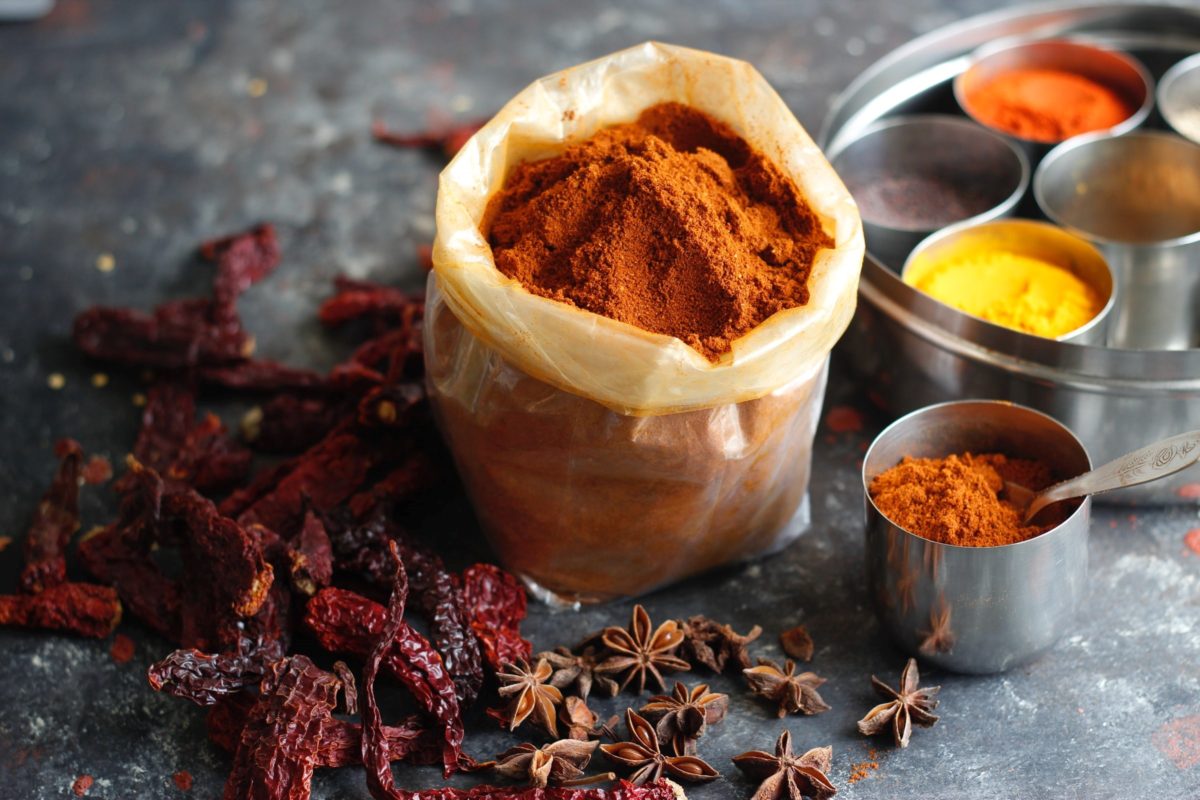The home apothecary is a long-lost tradition that many people have forgotten about. For thousands of years, apothecaries were the go-to place for people who wanted to treat their injuries and illnesses–and there’s nothing more satisfying than knowing that you’ve helped yourself!
This post shows you some of our favorite unconventional treatments for everyday injuries and illnesses, so please read on!

Essential Oil Blends
Essential oils are potent, aromatic substances used for centuries to treat various ailments. These robust plant materials can be extracted from the leaves, stems, and flowers of different plants—including citrus fruits like lemons and oranges; spices like cloves; flowers like lavender; berries such as blueberries; bark from trees such as pine trees (which have been used in folk medicine since ancient times).
Caution: Unlike naturally occurring essential oils, synthetic versions can be easily purchased online or in health food stores, where they are often labeled “natural” despite not necessarily being made in accordance with the stringent standards set by regulations established by agencies like the FDA or USDA.
Activated Charcoal Salve
Activated charcoal is an all-natural material with a wide range of applications in alternative medicine. Made without any toxic chemicals, it is produced by the controlled combustion of wood and other organic materials. The activated charcoal salve can be applied to the skin without fear of negative consequences or allergic responses.
Activated Charcoal Salve Benefits:
- It’s inexpensive to treat minor cuts and scrapes on your hands, knees, elbows, feet, ankles (and even your face).
- The antibacterial properties help prevent infection by killing germs that cause bacterial growth within the wound area.
How To Use It:
After bathing the injured area with water or soap, apply a thin layer of this salve and, if required, cover it with gauze bandages until healing has happened.
Apple Cider Vinegar Tonic
Apple cider vinegar tonic is a natural treatment for sore throats, colds, flu, coughs, and asthma. Mix 1 part apple cider vinegar to 2 parts water in a glass mug. If you want to feel your throat warming up, stir it up and take gentle sips. Vinegar is acidic, so it will help flush out any bacteria in your system that could be the source of your discomfort. It can also be used as an astringent if you have dry skin or irritated gums by applying directly onto them after rinsing off with plain water first (you should avoid brushing your teeth while drinking).
Aloe Vera Gel
Sunburns, wounds, and burns respond well to aloe vera gel as a home cure. As a bonus, it is effective as an antifungal remedy for conditions like athlete’s foot and ringworm. Insect bites (especially from mosquitoes), bug splat dermatitis, and dog scratch marks can all be effectively treated with gel due to their soothing characteristics. The best part of using aloe vera gel is that you don’t have to worry about any side effects — apply it directly on the affected area once or twice daily until your symptoms disappear!
Cabbage Leaf Wraps
Wrapping a wound in cabbage leaves is a quick and straightforward remedy. You can use them as a therapy option rather than spending much money on bandages or medicine because they are cheap. Intriguing, right? The medicinal value of cabbage leaves has been recognized for generations.
Saltwater Gargles

A saltwater gargle is a home treatment for sore throat that’s been around since ancient Greece. It involves mixing several teaspoons of salt in water, then letting it sit for five minutes before drinking. You can also add some lemon juice or honey if you’d like.
This technique is easy—you need some warm water and your homemade gargle mixture (which will be brown when ready). After everything is combined, place it in a glass container with a cover and set it on your kitchen counter. If you experience a sore throat after employing this strategy, try to drink a lot of fluids to dilute the effects of the water on your body and prevent the excess heat from being trapped in your nose and throat.
Witch Hazel Compress
Traditional home remedies for minor injuries like sprains and strains sometimes include witch hazel. In addition to its astringent and antibacterial uses, this plant has also been demonstrated to have anti-inflammatory effects, which can aid in the reduction of swelling. You can apply witch hazel directly to skin injuries (like bug bites) to reduce inflammation and pain, in addition to using a compress on sore muscles and joints.
Arnica Cream or Gel
When applied topically, arnica gel’s active ingredient, Arnica Montana, reduces swelling and bruising caused by trauma or infection (including bug bites). Note that arnica gel, which can irritate open wounds if administered directly, should be used only after cold packs have been wrapped around the body.
Turmeric Poultice

Arthritis, pain, and inflammation can all be treated with turmeric because of its potent anti-inflammatory properties. Hair and scalp problems like dandruff or psoriasis and gastrointestinal issues like irritable bowel syndrome (IBS) respond well to the spice.
For millennia, people have turned to turmeric as an Ayurvedic remedy for anything from indigestion to cancer. It would help to talk to your doctor before trying turmeric as a home treatment because some people react negatively to it.
Important Warning: Please refrain from attempting to treat serious injuries using home remedies. Some injuries may necessitate surgical intervention, meticulous medical care, or close observation by a licensed West medical professional
Final Thoughts
It’s important to remember that an injury is not a disease. In fact, According to doctors from West Medical, the body has incredible healing powers and can repair even the worst damages with proper care. So don’t go overboard with trying out new treatments—make sure your body is getting plenty of rest, water, and food. And if you have any questions about your injury or how it feels, ask your doctor! They’ll be able to give you some tips on what to do next to get better as soon as possible
Disclaimer
The Content is not intended to be a substitute for professional medical advice, diagnosis, or treatment. Always seek the advice of your physician or other qualified health provider with any questions you may have regarding a medical condition.